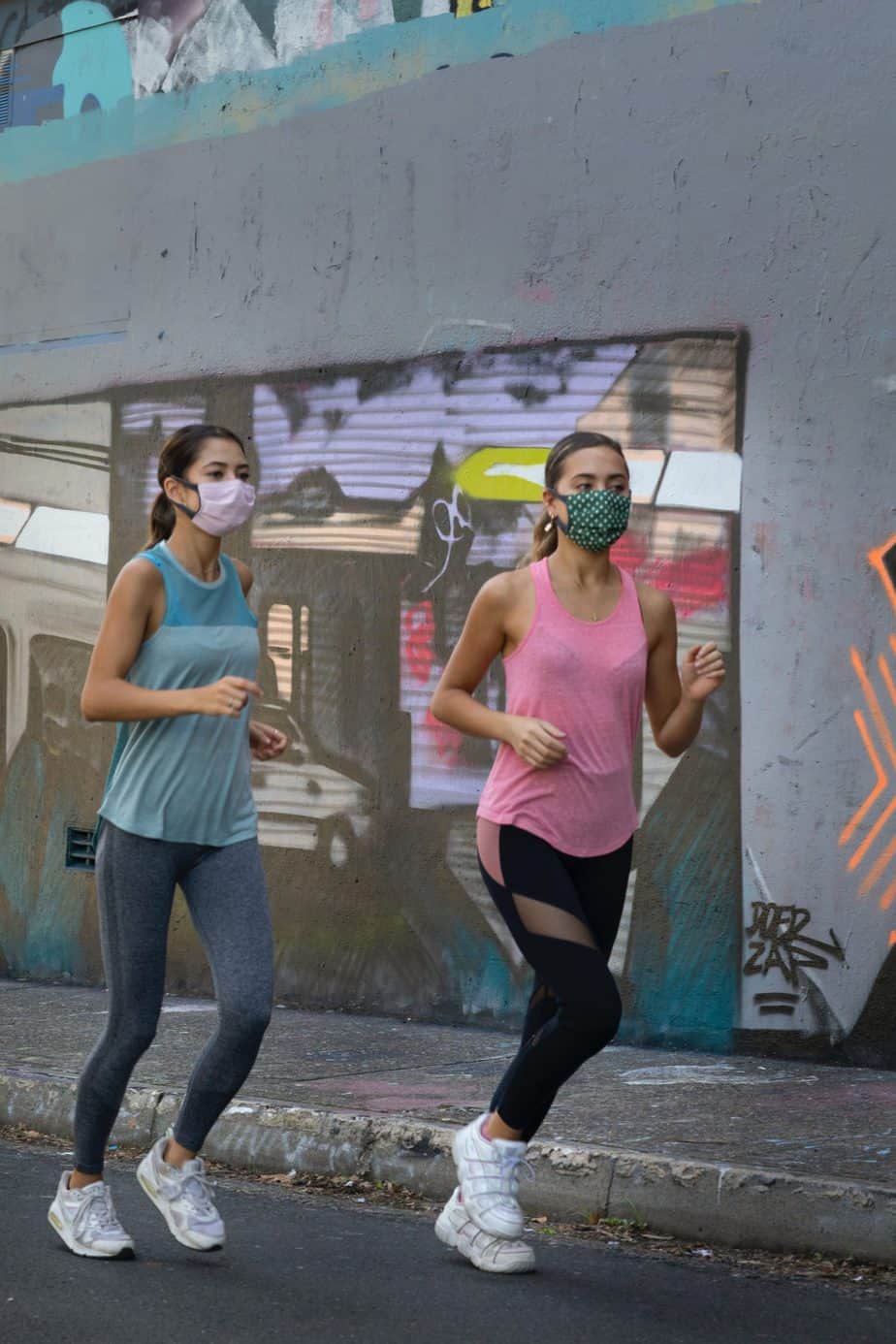Sleep: the brain’s most active time of day
New York City is known widely as the city that never sleeps. Sleep, like food, water and air is a need. Without it, you wouldn’t survive. It’s not surprising then that poor sleep patterns have been associated with cognitive and neurological decline. How much sleep is necessary? Adults need approx 7-9 hrs of sleep. Many…






